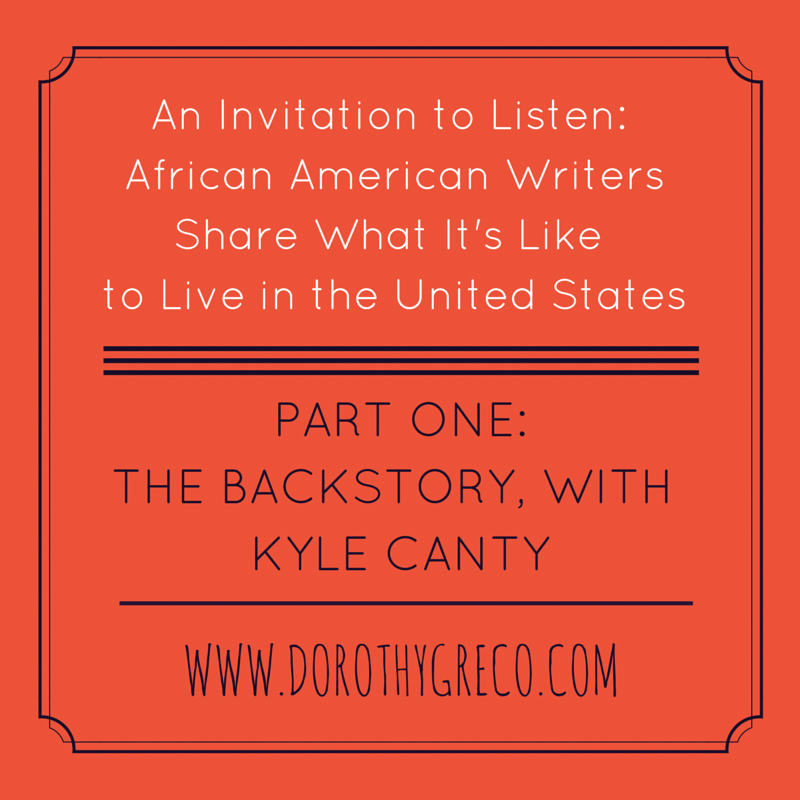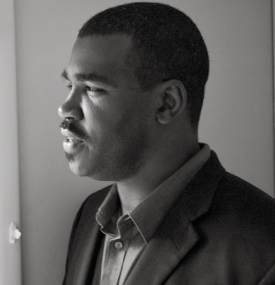I chose this post by theologian/pastor/husband/father Kyle Canty because he exposes some of the historic conflicts between white and blacks. This is not an American bashing article; it’s a well rounded, balanced exploration of how we got here. Kyle is thoughtful and an excellent writer. If you feel yourself getting defensive as you read, I encourage you to finish the piece and then spend some time praying (if you are a praying person) or pondering why you feel unsettled. Expect to learn something about yourself.
And please note—I am not endorsing ED drugs. Someone keeps hacking into my site and posting them. I’m working on it. Opting to not shut down the site.
Elbow Room: Another Look at American Colonialism
I recently heard an old song that was both nostalgic and unsettling. The song was from the 70’s educational cartoon series, School House Rock. The song, “Elbow Room” features the age of American expansion from the European settlers of the 13 colonies to the Western Frontier.[1] The song is ham handed and socially awkward. Elbow Room romanticizes Euro-colonialism and its close cousin, American styled “Manifest Destiny”[2]. The song which was meant to educate millions of kids does in fact highlight a slanted historical narrative. Many view the expansion of Euro-colonialism as a historical scar that has not healed completely. Many of the people groups trampled in the process of expansion are still experiencing the after affects of forced displacement.[3]
To say that history is told from the vantage point of the powerful is an understatement. History is also romanticized from the vantage point of the powerful. I can remember in high school and college being exposed to American History and trying to reconcile a Godly heritage with a history of oppression. I became disillusioned at the concept of the impeccable Founding Fathers and their vision of a city on a hill.[4] The narrative sounds great if you read most textbooks. The Founders and their privilege guided them to re-imagine a land of equality for those they viewed as equal. My guess is that the elbow room needed by the Colonialist originate out of an Old Testament theology of expansion into the Promised Land.
The Kingdom of God as found in the gospels looks very different from the imperialism which exploded out of the Constantinian styled church of Europe. While the gospels give a voice to a kingdom characterized by humility and sacrifice—the theme of Euro-colonialism preached oppression and racial categories.[5] The catechizing of non-Whites into a Euro-Centric orientation was perpetrated by aggressive philosophical[6] and commercial expansion.[7] The process of acquiring this elbow room is evident in declarations like the Papal Bull endorsing the Doctrine of Discovery.[8] The belief in Manifest Destiny and Jefferson’s Land Survey System[9] reinforced the notion that nothing could or should stand in the way of conquering this new found Promised Land. Later on the Homestead Act of 1862[10] made possible the acquisition of whole swaths of land occupied by native tribes and Mexicans. This early belief in American Exceptionalism seemed to provide the impetus for unrestrained expansion into these lands.
The acquisition of land through unscrupulous means is always a controversial topic. For example, redlining is a hegemonic practice utilized by banks and the affluent to acquire sought after urban space.[11] Whole communities are flipped in order to make room for high-end hipsters and their faux urban authenticity.[12] This is another example of the privileged exacting their will on the less powerful. Unfortunately, gentrification is all too prevalent in neighborhoods where the poor are unable to adequately organize and fight back before it’s too late. This is yet another subtle form of oppression. The acquired elbow room is not without the consequence of displaced people. It is so important that we’re careful not to convey that these kinds of events are without animosity and scars.[13]
History lessons can sometimes become opportunities to white wash atrocities committed by flawed men. One of the most difficult classes that I’ve ever sat through was during undergrad when I heard a professor tell me that the Founding Fathers were excused for their racist practices and philosophies because they were a product of their times. These kinds of statements inhibit the process of reconciliation—specifically when the topic is racial reconciliation in Evangelical or secular realm. The truth of our collective past helps to dispel the view that America is some kind of Utopian society. This land is one of the greatest nations on earth, but it does not come close to the eschatological hope promised by Christ in John 14:1-4 and the New Jerusalem in Revelation 21:1-27.
I believe it is fair to say that the past atrocities can be lessons learned and can equip the church in its ventures into the world. The church, if not careful, can communicate a kingdom that is much different than the one Christ put forth in the gospels. The post-colonial nations are familiar with the language of colonial conquests. The language of Scripture has been used to suppress native peoples on more than one occasion. The practice of expansionism vis-à-vis missionary efforts can carry a stench that repels others away from the gospel. We may not seek to conquer a nation and to pillage resources, but we can seek to convey our way of life as gospel truth much like the French with their civilizing missions.[14]
As an African American father, I am sensitive to what my son and daughter learn about the land we call home. Both of them must know the historical significance of this place—specifically that there is a dichotomy between what was written and what was practiced. They will have pride at the myriad accomplishments in science, education, medicine, government, space travel, etc. It is also my responsibility to help them understand the shameful things like the Trail of Tears, Jim Crow and the Japanese internment camps. The way that I understand the Biblical figure of David, who was a man after God’s own heart, but in disobedience conspired to murder and cover up his wrong doing. David’s story is inseparably dualistic. (2 Samuel 11:1-27; Acts 13:22) His story highlights that a man can be a fallen creature with an unshakeable love for God. The nation’s glory and its atrocities are inseparably woven together and cannot and should not be undone. There is only one who is good. (Matthew 19:17; 1 Peter 2:22) Atrocities are present in every culture as the human heart is desperately wicked. (Jeremiah 17:9; Romans 3:23) These events cannot be forgotten, but attempts to erase them throws salt into the wound of those dealing with a fractured past. The power of redemption is that we look for God to resurrect our broken past and sinful present into something that will bring Him glory.
This post originally appeared on Kyle Canty’s site May 3, 2012. Please visit the site for all of his sources for this piece. You can find more of his work there or by following him on Twitter: @kcnaman




Thanks for sharing Kyle’s compelling essay. Revisionist history is a weapon of the powerful that is never used to increase truth, justice, or peace. Those who claim to be Christ’s followers must repent, lay down this weapon, and ask God to turn this sword into a plowshare.
Amen Jeff. I totally agree (even though it sometimes feels very difficult to go this route!)